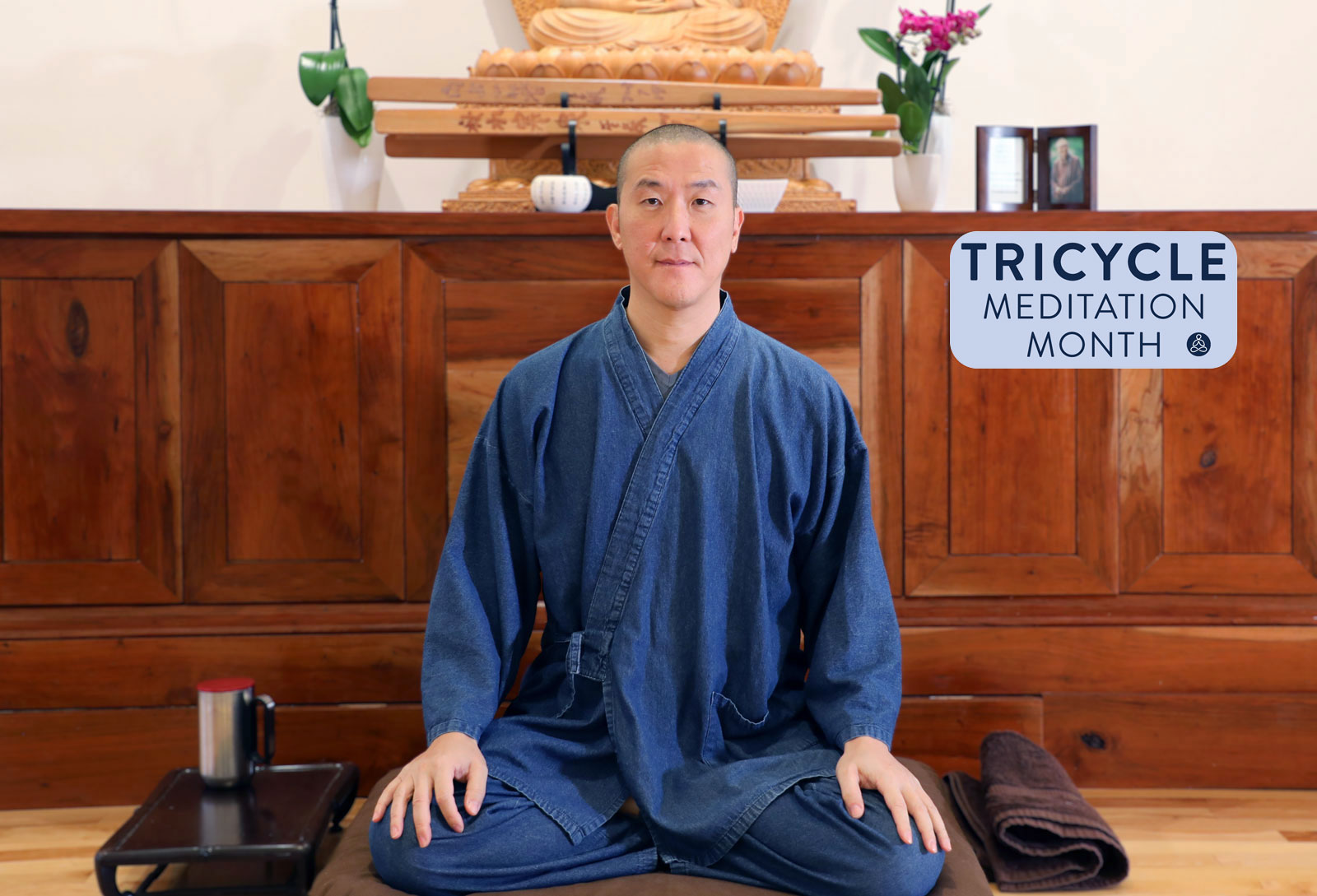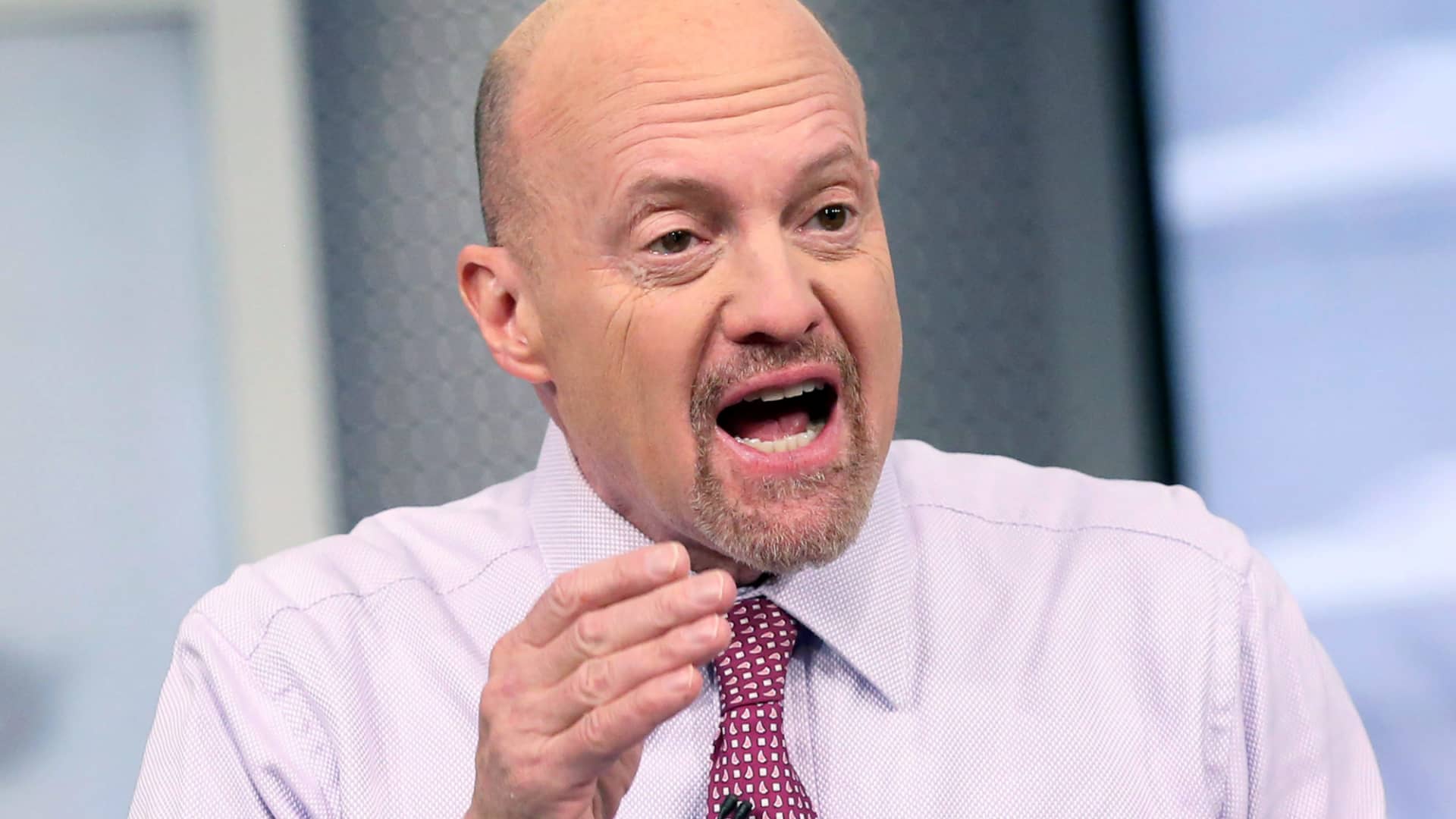3 Wellness Habits That Actually Help You Save Money
The core of living well doesn't cost any money at all.


mbg Beauty Director
mbg Beauty Director
Alexandra Engler is the beauty director at mindbodygreen and host of the beauty podcast Clean Beauty School. Previously, she's held beauty roles at Harper's Bazaar, Marie Claire, SELF, and Cosmopolitan; her byline has appeared in Esquire, Sports Illustrated, and Allure.com.
August 23, 2023 Our editors have independently chosen the products listed on this page. If you purchase something mentioned in this article, we may A recent study by Guardian showed that financial health has the largest impact on overall well-being, when compared to emotional or physical health. And while money often leads to stress, it doesn’t have to. Just a little knowledge can cultivate your financial confidence, which can make a big difference when it comes to your overall well-being. We teamed up with Guardian to better understand and harness the connection between mind, body, and wallet™. 
Advertisement
This ad is displayed using third party content and we do not control its accessibility features.
Lately, "wellness" has gotten a bad rap for being too expensive. And between the $20 smoothies and luxury detox getaways, perhaps it's earned that reputation. But it really doesn't have to be this way, as we at mindbodygreen believe that the core of living well doesn't cost any money at all. In fact, there are many wellness habits that can help save you money, or at the very least, help you spend it more responsibly. Here, how to live better—and spend better: Mindfulness is simply approaching your actions with intention and attention. So often, it's easy to get stuck on autopilot—where we carry out our day-to-day without evaluating what is actually serving us. When you approach decision-making from a place of mindfulness, you think about why you're making the choices you are and how you hope it fuels you in the future. What better way to approach financial decisions, no? Making mindful money decisions simply means you're using your purchasing power in alignment with your purpose. "When you know your values for how you want to live your life, suddenly you have a natural system for making decisions. Whether you need to make a choice between making upgrades to your home or moving money into your savings—your values will help you make the right decision," writes mbg financial contributor Brianna Firestone. Not to mention, as Firestone reminds us, mindful purchases means less mindless spending—and the guilt that often comes with it. So not only are you saving money, but you may be helping your future self avoid stress. This ad is displayed using third party content and we do not control its accessibility features. 2. There are unlimited health benefits to getting in touch with nature. "Research from all over the world is showing that people who live closer to green space live longer1 and have fewer health complaints," writes physician Eva Selhub, M.D. "For starters, it seems to be a buffer that helps people cope better with life's stressors2. By reducing chronic stress, it can contribute to better health overall. Studies out of Japan3 have also found that invisible chemicals (called phytoncides) in some trees can reduce stress hormones, lower anxiety, and improve blood pressure and immunity. As you know, being outdoors also provides you with the benefits of natural sunlight: much-needed vitamin D and stabilization of melatonin levels, which can be offset when you spend a lot of time with the screen." And lots of the most beautiful parts of nature are free or cost very little. The U.S. National Park System has over 400 parks across the country, many of which have free entry year-round. Some have an entrance fee, but there are exemptions as well as fee-free days. City parks are also typically free, and research shows that green spaces in cityscapes can be beneficial for health. Research shows that folks who live near a park or open space for activity saw a 25% increase in exercise three or more days a week4. So even if you can't get to big open spaces, you can still reap the benefits. Having strong boundaries is an essential part of a well-lived life. It means you can have a clear work-life balance, healthier relationships, and connect with yourself better. Financial boundaries are equally important. As certified therapist Elizabeth Earnshaw, LMFT, writes about boundaries: "[They] are what happens when you can sense what you need and want—and can access your voice to speak to those things." When you establish financial boundaries, you can better articulate how you believe you should spend your money and where you think money should go. It also helps other people respect your decisions. For example, having boundaries encourages us to clearly establish how much we intend to spend on a group dinner and then stick to it, so we don't end up feeling regret after the fact. It also means there's no confusion when the bill comes. This ad is displayed using third party content and we do not control its accessibility features.Advertisement
Getting in touch with nature
Advertisement
The takeaway
Some of wellness' best teachings make excellent financial tips too. Using wisdom inspired by well-being with your financial goals can help you live a more mindful and purposeful life—and spend money accordingly.
Guardian® is a registered trademark of The Guardian Life Insurance Company of America.Mind Body Green is not an affiliate or subsidiary of Guardian.2023-156578 Exp. 6/25
Guardian supports your overall well-being across mind, body, and wallet™, our trademarked phrase covering mental, physical, and financial health. It is separate and not related to mindbodygreen’s name.
Advertisement
This ad is displayed using third party content and we do not control its accessibility features.

 Koichiko
Koichiko 































